The Fall of Yahya Sinwar: A Turning Point in the Gaza-Israel Conflict
Yahya Sinwar, the notorious Hamas leader, was confirmed dead by Israeli Prime Minister Benjamin Netanyahu in October 2024. Sinwar’s death marks a significant milestone in the ongoing Israel-Gaza conflict, one that has reverberated across the international community. Known as one of the masterminds behind the militant activities of Hamas, Yahya Sinwar’s elimination is seen by Israel as both a victory and a crucial moment in its larger war strategy against Hamas. This article delves into the significance of his death, the international reactions, and what it could mean for the future of the region.
Who Was Yahya Sinwar?
Yahya Sinwar, a pivotal figure within Hamas, played a key role in both its political and military wings. Born in 1962 in Khan Younis, a refugee camp in the Gaza Strip, Sinwar was an early member of Hamas and instrumental in establishing its militant arm, the Izz ad-Din al-Qassam Brigades. Over the years, he climbed the ranks and became known for his hardline stance against Israel and his advocacy for armed resistance. His ruthless leadership earned him a reputation not only as a political leader but also as a commander willing to escalate tensions in the region through violence.
Sinwar was imprisoned for over two decades in Israel before being released in a prisoner exchange in 2011. After his release, he quickly resumed his leadership role and became the de facto head of Hamas in Gaza. He was seen as a unifying force within the group, guiding both its military strategy and political maneuvering, often serving as a bridge between the various factions within Hamas.
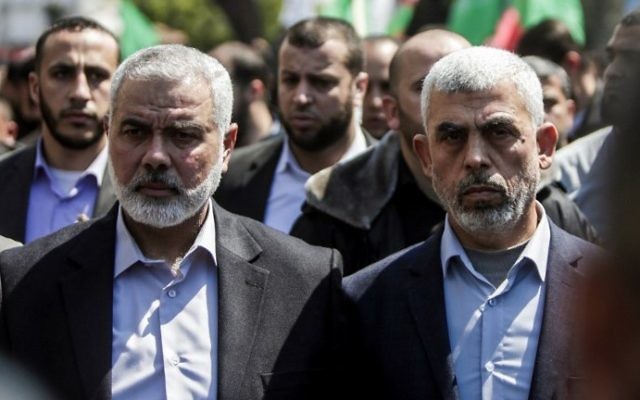
The Role of Yahya Sinwar in the October 7 Attack
On October 7, 2023, Hamas launched one of its deadliest attacks on Israel, an event that will forever be etched in the annals of Israeli history. The operation, named “Al-Aqsa Flood,” led to the deaths of hundreds of Israelis and captured global attention due to its scale and brutality. Yahya Sinwar, being one of the key architects of Hamas’s military operations, is believed to have played a crucial role in planning and orchestrating the attack. The highly coordinated assault involved rocket barrages, infiltration through tunnels, and a full-scale ground offensive into Israeli territory.
The attack caught Israel off-guard and led to the swift mobilization of its military in response. Sinwar’s strategic acumen was on full display during this offensive, but it also made him a prime target for Israeli forces seeking retaliation. As Netanyahu noted in his statement following Sinwar’s death, Israel’s mission was to bring those responsible for the October 7 attack to justice, and Yahya Sinwar’s elimination was seen as a direct response to his involvement in this massacre.
Netanyahu’s Response: A Blow to Evil
Israeli Prime Minister Netanyahu, in a televised statement, did not mince words when announcing Yahya Sinwar’s death. “Today, we have settled the score. Today, evil has been dealt a blow,” Netanyahu said, underscoring the symbolic importance of the operation. Yahya Sinwar was not just another target; he was a figure of immense power within Hamas, whose leadership had influenced the group’s activities for years.
Netanyahu emphasized that while Sinwar’s death was a significant victory, the war against Hamas was far from over. He assured the Israeli public and families of the hostages still held in Gaza that Israel’s military efforts would continue with full force until all hostages were safely returned. Yahya Sinwar’s death, in this context, was portrayed as a moment of justice, particularly for the families affected by the October 7 attack.
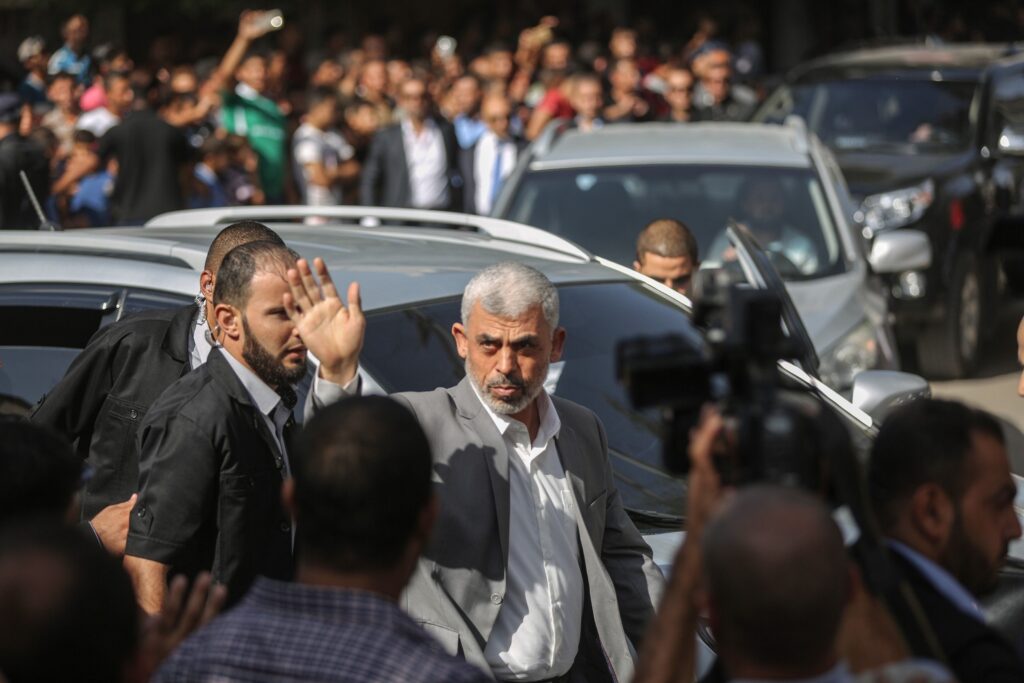
A Symbolic Victory or a Strategic Shift?
Yahya Sinwar’s elimination, while a major psychological blow to Hamas, raises questions about the long-term impact on the group’s operations. Sinwar was not only a military strategist but also a political leader who had worked to maintain Hamas’s hold over Gaza despite Israeli and international pressures. His death leaves a significant power vacuum within Hamas, and it remains unclear who will rise to fill the void left by his absence.
In the short term, Sinwar’s death is expected to embolden Israeli forces to continue their military campaign in Gaza. However, it is uncertain whether his elimination will lead to a reduction in violence or further escalate tensions. Yahya Sinwar was a deeply influential figure, and Hamas may attempt to retaliate to demonstrate that their leadership remains resilient in the face of Israeli strikes.
International Reactions to Yahya Sinwar’s Death
Yahya Sinwar’s death has drawn a wide range of reactions from world leaders and international organizations. NATO Secretary-General Mark Rutte stated that Sinwar’s demise would not be missed, reflecting the widespread condemnation of his role in orchestrating violent attacks. Italy’s Foreign Minister Antonio Tajani also supported Israel’s actions, stating that Sinwar’s death was a legitimate act of self-defense against terrorism.
In the United States, politicians from both major parties reacted to Sinwar’s elimination. Senate Majority Leader Chuck Schumer called it a necessary step toward bringing an end to hostilities and ensuring the safe return of hostages. His Republican counterpart in the House of Representatives urged the Biden administration to use this opportunity to pressure Iran, which has been linked to supporting Hamas.
British Defence Secretary John Healey echoed similar sentiments, pointing out that Sinwar’s leadership was directly tied to the October 7 attack, which marked one of the darkest days for the Jewish people since World War II. Healey stressed that while Sinwar’s death was a blow to Hamas, the larger conflict continued to wreak devastation, particularly on Palestinian civilians.
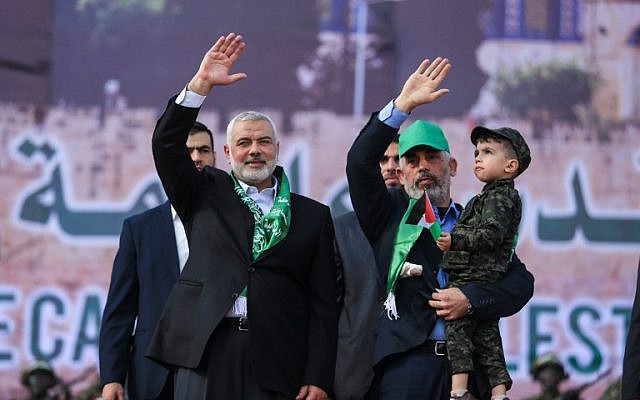
The Aftermath for Gaza’s Civilian Population
While Yahya Sinwar’s death is being hailed as a victory by Israel and many of its allies, the civilian population in Gaza remains in a dire situation. The Israeli airstrikes targeting Hamas leaders, including Sinwar, have led to widespread destruction in Gaza. Hundreds of thousands of civilians are displaced, and the humanitarian crisis continues to worsen.
Defence Minister Yoav Gallant, in his statement, directed a message to the people of Gaza, suggesting that Sinwar’s death should serve as a warning to those who support Hamas. He urged the people of Gaza to surrender and free the remaining hostages. Gallant’s message, though forceful, reflects the complexities of the conflict, where militant leaders like Yahya Sinwar are deeply embedded in the civilian infrastructure, making targeted strikes a difficult and often deadly affair for non-combatants.
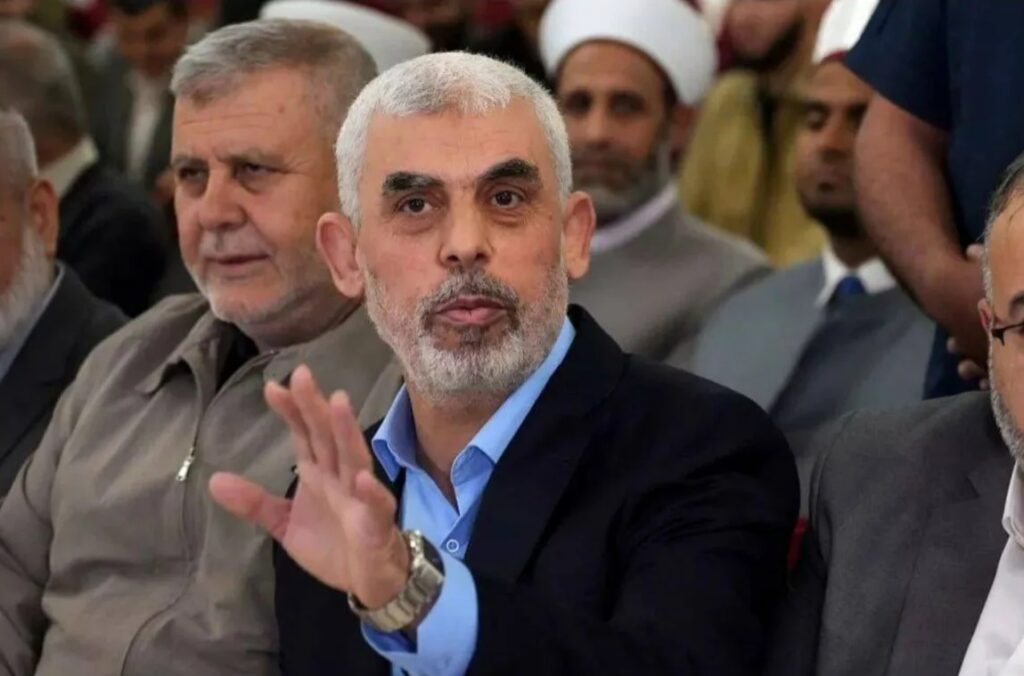
What Lies Ahead?
The death of Yahya Sinwar, while a tactical victory for Israel, leaves many questions about the future of the Gaza-Israel conflict. Will his elimination lead to a shift in Hamas’s leadership structure? Or will it incite further violence as the group seeks revenge for the loss of one of its key leaders? Moreover, the broader question remains: Can the elimination of figures like Sinwar bring lasting peace to a region that has been embroiled in conflict for decades?
In conclusion, Yahya Sinwar’s death marks a pivotal moment in the ongoing war between Israel and Hamas. For Israel, it is a significant step toward dismantling Hamas’s leadership, but for Gaza, it deepens an already complex and tragic conflict. As the world watches closely, the region stands at a crossroads, and the next moves by both Hamas and Israel will shape the future of this volatile situation. Yahya Sinwar’s legacy, shaped by violence and resistance, has come to an end, but the repercussions of his actions will be felt for years to come.


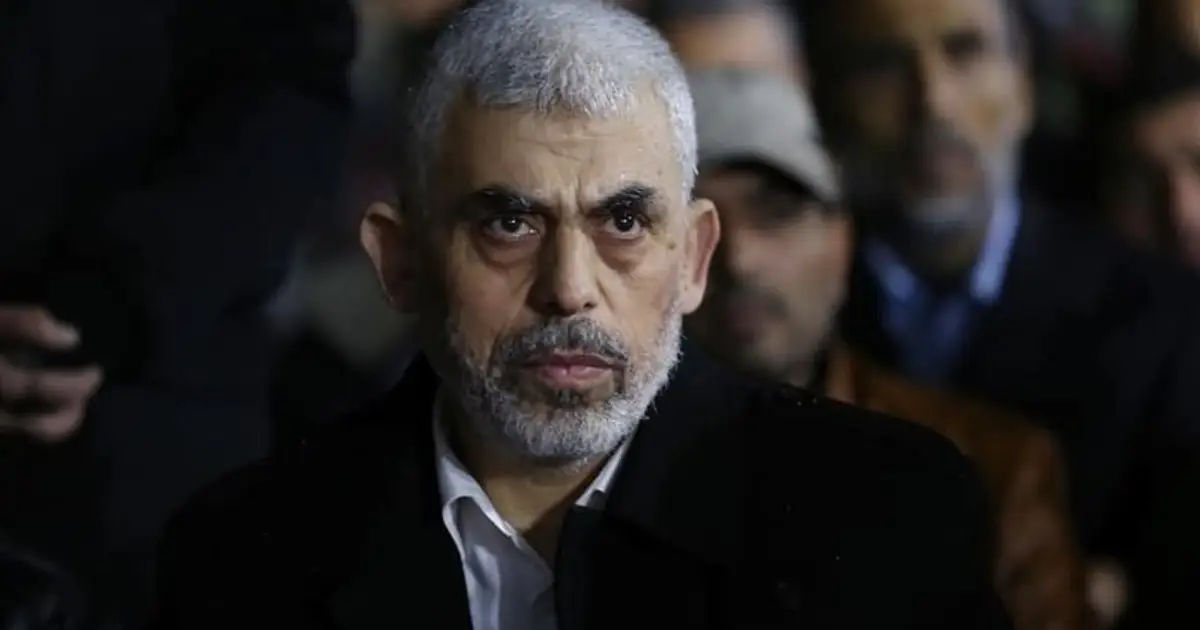



1 Comment